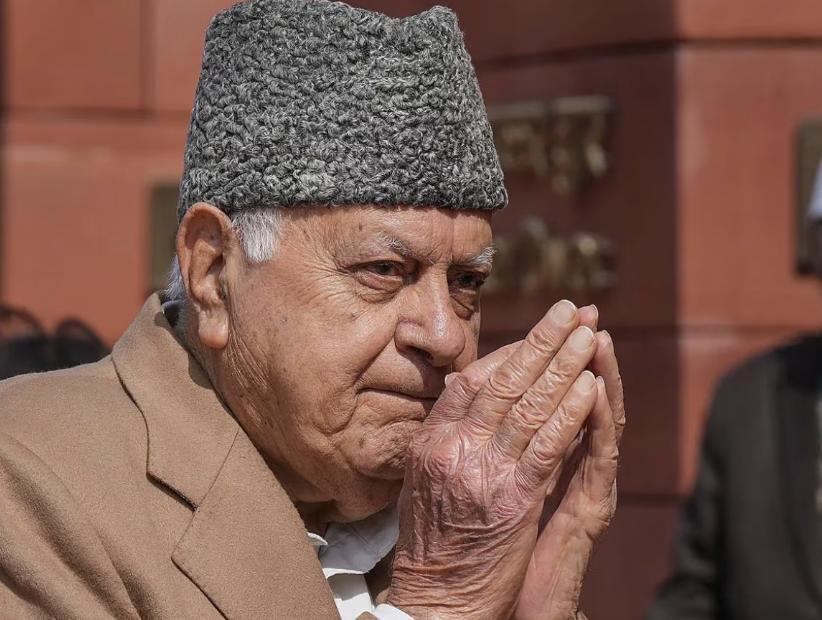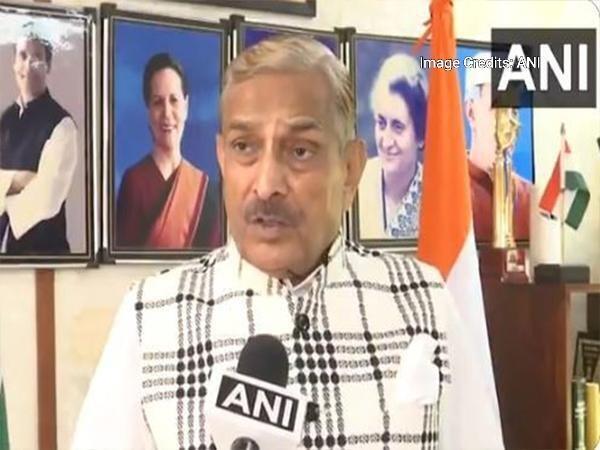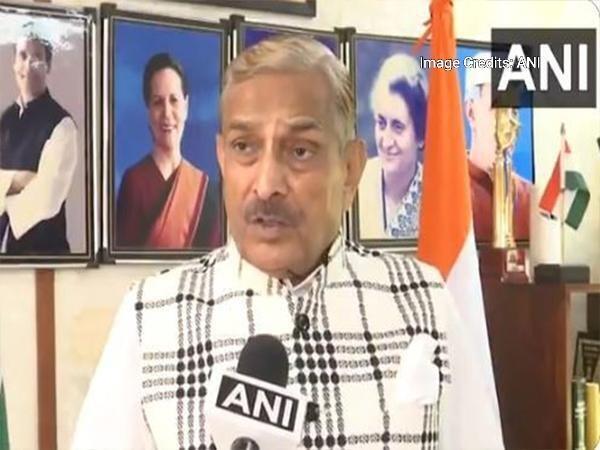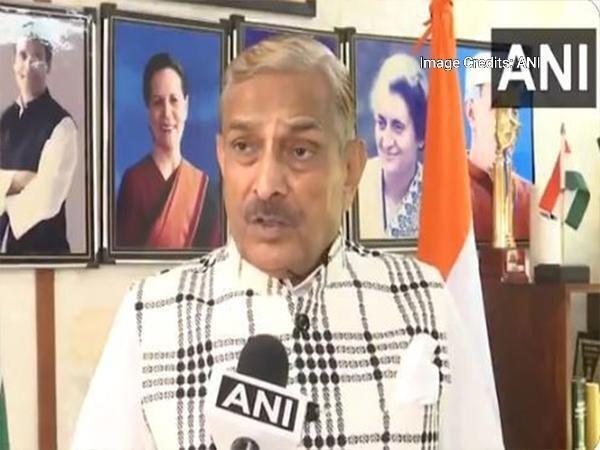
Ex-R&AW chief Dulat claims Farooq privately backed Article 370 abrogation, he denies
In a recent revelation, former R&AW chief A.S. Dulat has claimed in his new book “The Chief Minister and the Spy” that former Jammu and Kashmir Chief Minister Farooq Abdullah privately backed the abrogation of Article 370. This statement has sparked a heated debate, with Abdullah himself denying the claim.
According to Dulat’s book, Abdullah’s National Conference (NC) had suggested that the abrogation of Article 370 would have helped in passing the Bill in Parliament. Dulat, who was the chief of the Research and Analysis Wing (R&AW) from 1999 to 2000, claims that he had a close relationship with Abdullah and had discussed the issue with him.
However, Abdullah has denied Dulat’s claim, calling it a “figment of imagination” of the author. In a statement, Abdullah said, “I have known A.S. Dulat for many years. He is an old friend, but I am surprised that he has written such a thing. I think it is a figment of his imagination.”
Abdullah’s denial has raised questions about the accuracy of Dulat’s claim. While Dulat’s book is based on his experiences and interactions with Abdullah, it is unclear what evidence he has to support his claim. Abdullah’s party, the NC, has also distanced itself from the claim, saying that it is not aware of any such discussion between Abdullah and Dulat.
The abrogation of Article 370, which granted special status to Jammu and Kashmir, was a highly controversial move that was announced by the Indian government in August 2019. The move was seen as a major step towards integrating Jammu and Kashmir with the rest of the country, but it was also met with widespread protests and violence in the region.
The controversy surrounding Dulat’s claim highlights the complex and often tumultuous relationship between the Indian government and the leadership of Jammu and Kashmir. The two sides have often had divergent views on issues such as autonomy, sovereignty, and the treatment of the region’s minority communities.
Dulat’s claim has also sparked debate about the role of intelligence agencies in shaping government policy. As the chief of R&AW, Dulat was responsible for gathering and analyzing intelligence on foreign governments and terrorist organizations. His claim that Abdullah privately backed the abrogation of Article 370 raises questions about whether intelligence agencies played a role in shaping the government’s decision to do so.
In an interview with a leading news channel, Dulat said that he had discussed the issue with Abdullah on several occasions, and that Abdullah had expressed his willingness to support the abrogation of Article 370. However, Dulat did not provide any specific evidence to support his claim, and Abdullah has denied the discussion ever took place.
The controversy surrounding Dulat’s claim highlights the need for transparency and accountability in government decision-making. As the leader of a major political party, Abdullah has a responsibility to disclose his views and actions to the public. Similarly, Dulat, as a former intelligence chief, has a responsibility to provide evidence to support his claim.
In conclusion, the controversy surrounding Dulat’s claim that Farooq Abdullah privately backed the abrogation of Article 370 highlights the complex and often tumultuous relationship between the Indian government and the leadership of Jammu and Kashmir. While Dulat’s claim has sparked debate, it is unclear what evidence he has to support his claim, and Abdullah’s denial has raised questions about the accuracy of the statement.
Sources:
https://repository.inshorts.com/articles/en/PTI/5880e3bf-0a05-40d6-887a-465b5c760b3a





